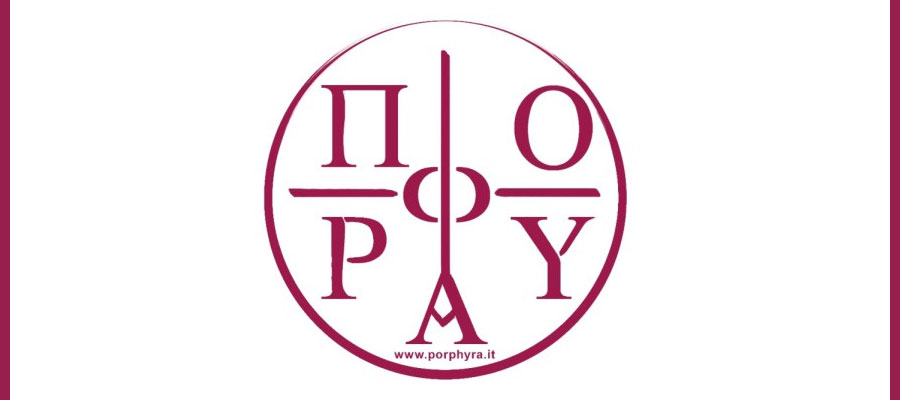The editors of Porphyra invite contributions for a special issue on the topic of Byzantium and Islam (Issue XXV), dedicated to the memory of Alessandro Angelucci.
The interaction between Byzantium and Islam is a fascinating topic, and yet it remains a little-studied one. While on the one hand we have several original sources, both Byzantine and Arabic, which describe heated exchanges between the two sides, on the other hand we have timid attempts of establishing, if not friendly relations, at least a peaceful coexistence. The first phase of expansion undertaken by the followers of Muhammed succeeded in conquering a large part of the Eastern Mediterranean at the expense of the Byzantine Empire and embodied the idea of Jihad, i.e. Holy War. The Byzantines did not delay their response, but they did not substantiate their fight against the Muslim expansion with fanatical religiosity as was the case some centuries later in Europe. Despite the first centuries of almost continuous warfare, the relations between the two great monotheistic religions began to appease enough to permit the first diplomatic relations. With the coming of nomadic populations and the consequent fall of the Abbasid dynasty, these relations again changed and subsequently led to the arrival of armed pilgrims, known as Crusaders, that greatly destabilized the political situation of the Middle East, creating issues we can witness to this day. The successive rise of the Ottoman Turks and their quick conquest of the deceasing Byzantine Empire, inhibited any possible cooperative relations, but this did not prevent other ideas, such as in the famous case of Emperor Manuel II Palaeologus. With the final conquest of Constantinople the interaction between Byzantium and Islam ceased to exist, at least from the political point of view, but continued in the religious sphere.
This issue of Porphyra proposes to investigate the many aspects the named topic presents. The fields of research can range from art history to religion, from history to sociology, from a study of politics to international relations. A profound examination of the idea of Jihad and Holy war is desirable in order to better understand the different positions regarding this question. Studies on the particularities of the relations between Constantinople and Baghdad, possibly referencing the De Administrando Imperio, are welcomed, as well as on the commercial relations between them. The journal is particularly interested in articles examining the populations living on the frontiers between the two empires, as made famous by the story of Digenis. Papers can also focus on political questions, as well as on the various administrative and legislative differences between the two super-powers. These are only some of the possible approaches regarding this topic and Porphyra will consider other themes of research.
Papers may be submitted in English, French, German, Italian, Russian, Spanish, and Modern Greek. Contributions must be complete upon submission.
